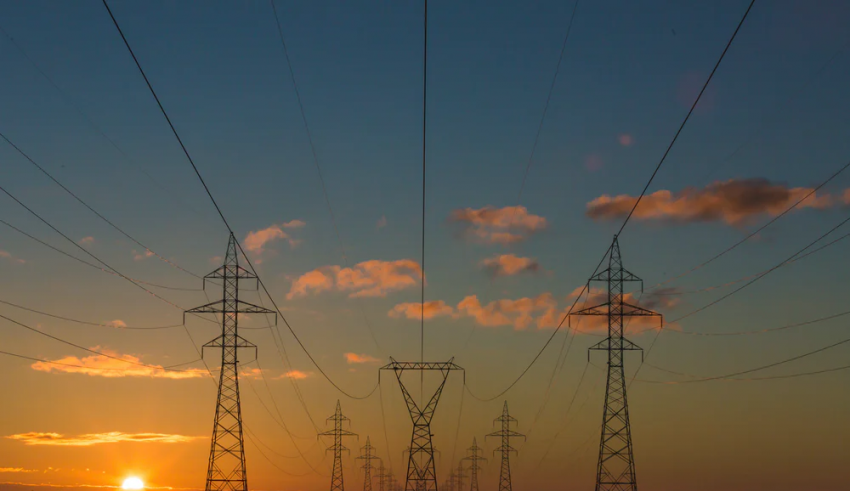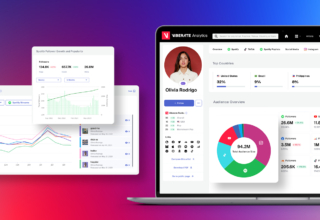
In our increasingly digital world, it’s more important than ever for utility companies to adopt smart grid utilities.
A “smart grid” is a term used to describe a modern electrical grid that uses information and communication technologies to improve the efficiency and reliability of electricity distribution.
Smart grids can help utility companies reduce costs, optimize resources, and manage demand. In this blog post, we will discuss the benefits of smart grids and how they are changing the landscape of the utility industry.
Table of Contents
What Is A Prosumer?
A “prosumer” is a term used to describe a customer who both consumes and produces electricity. In the past, utility companies have relied on customers only to consume electricity.
However, with the rise of solar panels and other renewable energy sources, more and more customers are now generating their electricity. This has led to a shift in how utility companies operate, as they now have to consider consumers and producers when planning for the future.
What Are A Smart Grids?
This electricity distribution network uses modern information and communication technologies to create a more efficient system. In the past, utility companies have relied on an outdated grid system that cannot meet the demands of our modern world. Introducing smart grids will help utility companies keep up with the changing landscape of the energy industry.
What Are The Differences Between Smart Grids And Traditional Grids?
The differences between smart grids and traditional grids are vast. Here are some of the differences:
Technology
Cloud, AI, IoT, and Big data are used in smart grids, while traditional grids use SCADA systems.
Distribution
Energy is distributed in a microgrid, while in a traditional grid, it is centralized. A smart grid uses a two-way flow of electricity, while a traditional grid uses a one-way flow.
Generation
Predictive analytics in smart grids help better manage renewable energy while traditional grids depend on thermal power stations.
Customer choices
Smart grids offer customers the choice to be prosumers, while in traditional grids, they only have the choice to be consumers.
Self-repair and predictive maintenance
It is easier to carry out in smart grids as information can be collected and analyzed quickly. It is difficult to do in traditional grids as the data is not easily available.
Sensors
IoT sensors are used to collect data which helps in real-time monitoring. So, the grid can be quickly repaired if needed. In traditional grids, sensors are not used.
AI Applications In Smart Energy Solutions
Artificial intelligence (AI) plays a big role in innovative energy solutions. AI can be used to predict demand, optimize resources, and carry out maintenance. Here are some examples of how AI is being used in the energy industry:
Resilience and agility
When renewable energy sources are used, the energy output can be unpredictable. AI can be used to predict these fluctuations and help the grid to remain stable.
Offers precise forecasting
The utility sector is reliant on forecasting. AI can provide more accurate forecasting than humans, considering a wider range of data points.
Optimized power yield
AI-powered sensor networks can be used to monitor the output of solar panels and wind turbines. This data can then be used to optimize the power yield.
Improved security
Cybersecurity is a big concern for the energy industry. AI can be used to detect and prevent cyberattacks.
Improved automated switching
Another benefit of AI is that it can be used to automate the process of switching between different energy sources. This can help to improve the efficiency of the grid.
Fewer outages
AI can be used to detect problems on the grid before they cause outages. This early detection can help to reduce the number of outages that occur.
The Future Of The Energy Industry
The energy industry is undergoing a period of change. The rise of renewable energy and the introduction of smart grid utilities are two major factors shaping the industry’s future. AI also plays a significant role in developing smart energy solutions. It is clear that the energy industry is changing and utility companies must adapt to these changes to remain competitive.















